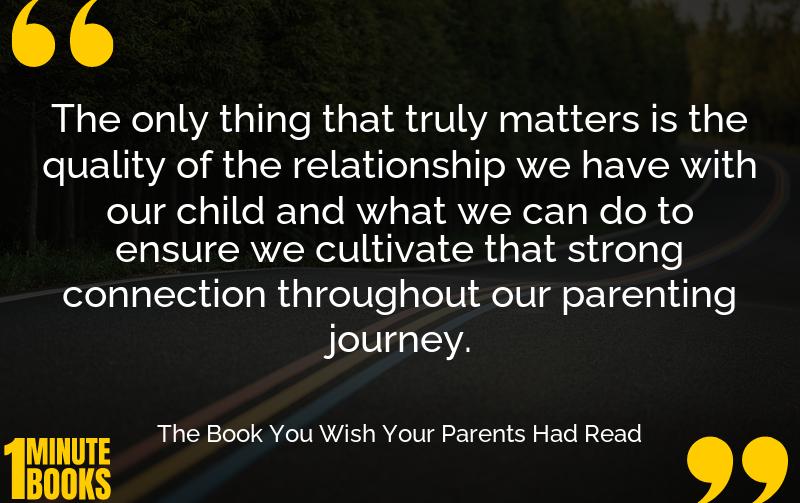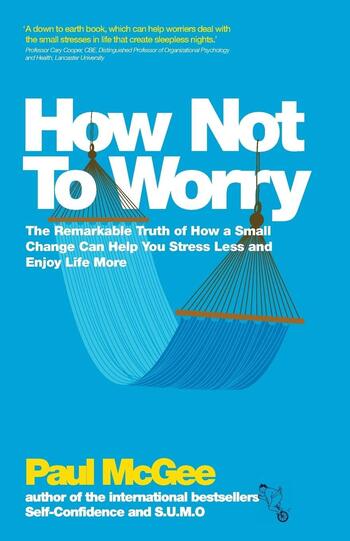
This book guides parents on nurturing a strong relationship with their child, emphasizing self-awareness, empathy, and emotional understanding. It highlights the importance of positive communication, healthy conflict resolution, and mental health.
Main Lessons
- Reflecting on our childhood can help us understand our parenting triggers.
- Self-awareness in parents fosters mindfulness and less reactive behavior.
- Empathy towards yourself can enhance your empathy towards your child.
- Family environment matters more than family structure for child development.
- Conflict resolution in families should foster understanding, not winning.
- Children need validation of their feelings for emotional development.
- Parental empathy teaches children to manage and understand emotions.
- Secure attachment between parent and child leads to better mental health.
- Engaged observation helps parents appreciate their child’s perspective.
- Consistent quality time with children prevents negative behaviors.
- Promote independent problem-solving in children through collaboration.
- Free play is crucial for children’s creativity and problem-solving skills.
- Parents should model flexibility, tolerance, and empathy for children.
- Mistakes are part of parenting; the focus should be on repairing them.
- Support systems are crucial for parental mental health.








